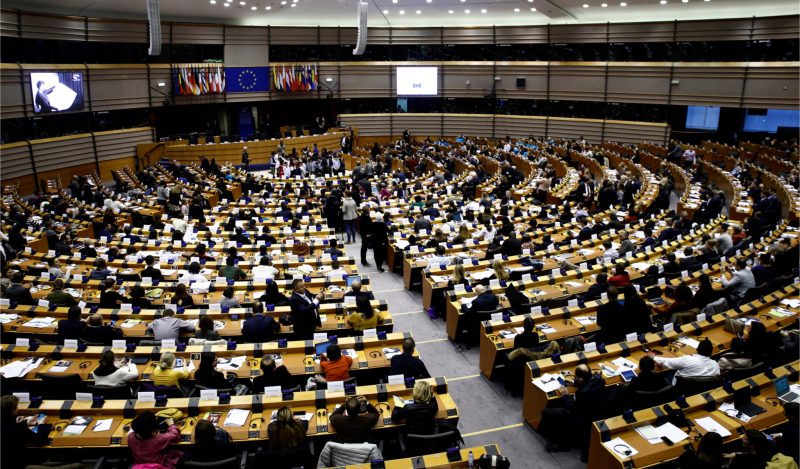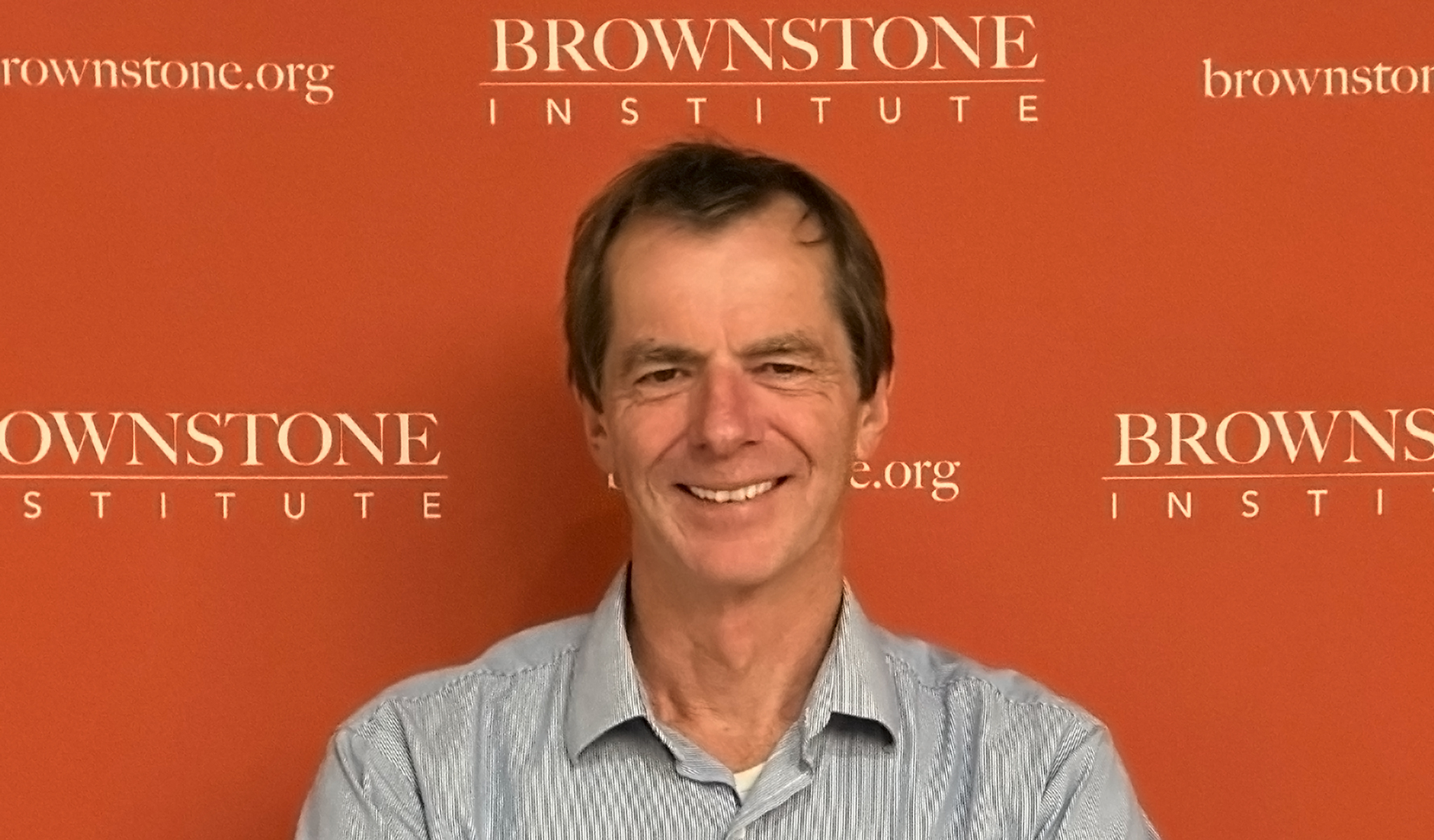In the 1940s ordinary young people threw themselves en-masse onto beaches raked with machine gun fire, flew into clouds of flak, and died, to stop fascism and totalitarianism. They were imperfect, they committed their own crimes, some were there for hate, some abused and murdered. But most were ordinary people, from ordinary jobs in ordinary towns and suburbs, who agreed to fight so that others would be free to choose their own path.
They wanted to ensure that those who hate would not dominate.
Following World War II, nations, their people and leaders proclaimed that persecuting and systematically eliminating various groups – whether based on ethnicity, religion, political beliefs or gender – was wrong. All people, and all nations, were equals, with rights to own and govern their own resources. The end of colonization and subjugation. The Universal Declaration on Human Rights and subsequent agreements were intended to codify this sentiment. These ideas were not unique in history, but the scale was.
As with most human endeavors, actions were sometimes corrupted and words sometimes merely a veneer. The founders of the United Nations ensured the powerful would remain so, reserving permanent Security Council seats for those who considered themselves more developed and important. The Universal Declaration on Human Rights includes an escape clause (Article 29) to allow other rights to be put aside should the UN or governments so decree.
Imperial powers, the British, French and Portuguese, remained reluctant to relinquish control of other people’s resources, so yet more bloody wars ensued. The Soviet empire looked to expand, the United States supported coups, while persecutions, child labor, forced marriage, slavery and apartheid continued. There was no utopia, but such actions were widely condemned. A light was shone on them. That protected many from the grasp of tyrants.
A human rights and humanitarian industry evolved to support this international conscience, based on United Nations agencies and non-government organizations tasked with defending people and communities, highlighting abuses and providing support when things turned bad. The diversity of human malfeasance and neglect was countered by the diversity of the organizations standing against it. It was socially acceptable to stand against money and power, on the side of the oppressed. People could make a career doing so, and many did.
Some institutional rot
As large institutions mature, successful career paths within them inevitably require that the institution be put ahead of its Cause. A mindset develops within which success of the Cause requires the institution to appear above reproach – the institution comes to represent the Cause, not serve it. Thus the Roman Catholic Church would move pedophile priests rather than expose and condemn them. The UN High Commission on Human Rights would cover up the pedophilia of UN Peacekeepers whilst exposing that of the Catholic Church. As if the Cause is a sect dependent on the perceived purity of its guru and leader.
Protecting the organization in the name of protecting its cause is a trap we readily fall into. The urgency of saving others is subverted by the urgency of saving salaries (homes, holidays, pensions, and children’s education). Two generations after the beaches of Normandy and the rotting corpses in the Dachau train, the sense of urgency on human rights has dimmed. Not perhaps, in the villages of Yemen or the mines in central Africa, but in the halls of Geneva and New York.
We developed an industry that required sustenance, and we sustained it as a vehicle to carry our conscience and compassion. Starving it would feel like kicking the oppressed or starving the hungry, so it steadily grew.
Helping the helpers
The industry of international human rights pays well. Serving the poor and oppressed requires glossy brochures, meetings, travel, offices, and a growing workforce. This requires money. The traditional ‘oppressors,’ the very wealthy who ran the mines and factories, or made the batteries, phones and software, needed more positive reputations to grow their businesses.
A partnership of mutual benefit has developed over the past two decades, blurring the dichotomy between wealthy oppressors and those whose oppression often enriched them. With public-private partnerships, human rights and humanitarianism became a fashion statement, allowing corporations and their celebrities to demonstrate that inequality can be veiled with empathy.
Celebrities and the super-wealthy standing together on the Davos stage or in photo-ops with struggling villagers have become a touchstone for saving the poor. Removed from the hype, they are totally incongruous. Glitter and puddles with brown children providing social sanitation for the World Economic Forum and its adherents, somehow melding equity with institutional greed. Battling for peoples’ self-determination has become less marketable than siding with the corporate powers that have plans to fix them. Davos is a better stage than Dhaka.
Children selling wares on the edge of an African marketplace don’t support growing institutional needs. The Human Rights industry has simply gone where the money is, abandoning their standards of conduct. Priority must be given to those that pay the bills.
Selling the children of the pandemic
Then came 2020 and two weeks to flatten the curve. The removal of the rights of billions through lockdowns, the killing of hundreds of thousands of children, the rape and nightly abuse of millions of girls, the removal of education, the enforcement of poverty and servanthood, and the elderly condemned to die alone and lonely. In parallel, the unprecedented increase in wealth of those gurus of Davos, extolling the cleansed cities as they pillaged the savings of those who had inhabited them.
The human rights industry has been a good servant to their newly-adopted masters through the carnage of the COVID-19 response. They have backed their institutions, foundations and funders to the hilt. Undeterred by the reality around them, they loyally parrot the rhetoric of equity and inclusion whilst cranking the wheels that concentrate wealth.
The photogenic children in the brown puddles of 2019 promotional brochures may have lost their healthcare access, right to education, family income, or their lives, but that was deemed excusable in a ‘global pandemic’ concentrated on the residents of Western elderly care homes. And a global pandemic, it turns out, promotes those who bow and maligns those who stand. The smart money in human rights involves bowing very low.
The responsibility we cannot delegate to others
So has the human rights and humanitarian industry always consisted of empty rhetoric? Was it always just a way to earn a living, reflecting the values of its funders? When funded by the taxes of ordinary people, displays of courage, care and attentiveness were assets. When serving the East India Companies of 2022, the paternalistic rhetoric of colonialism serves better.
But the people staffing these institutions also have changed – the principled may have fled and retired while the weak and compliant thrived. Perhaps the generation of college graduates that now staff these institutions has grown up in a culture of safety and affluence too divorced from the reality of human suffering, and see their work as part of a global game.
Whatever the reasons, these people can now see the harms that result from the neglect of principles they once espoused. There is a right and a wrong, and the human rights charters developed after World War II, however flawed, were a recognition of these. It is not that truth has changed. Rather, those who were entrusted by society to protect its values have abandoned them.
Perhaps the fundamentals of right and wrong should never have been codified, or delegated to specific institutions and the individuals they employ. Truth cannot be encompassed by words alone, nor can it be auctioned to the highest bidder. It should remain a burden on all of society, a price we all must pay, if we are to keep human malevolence at bay. If we pay others to run up the beaches for us, they will eventually become mercenaries to the highest bidder.
Join the conversation:

Published under a Creative Commons Attribution 4.0 International License
For reprints, please set the canonical link back to the original Brownstone Institute Article and Author.









